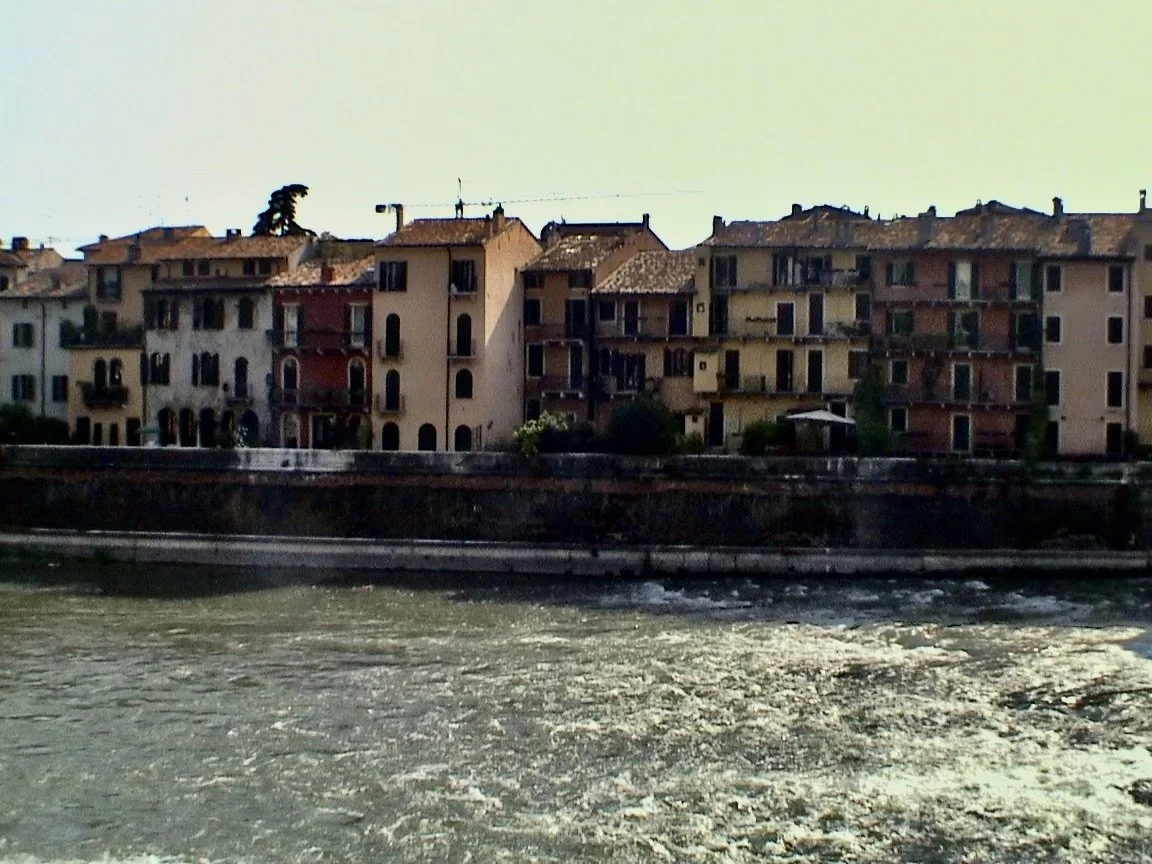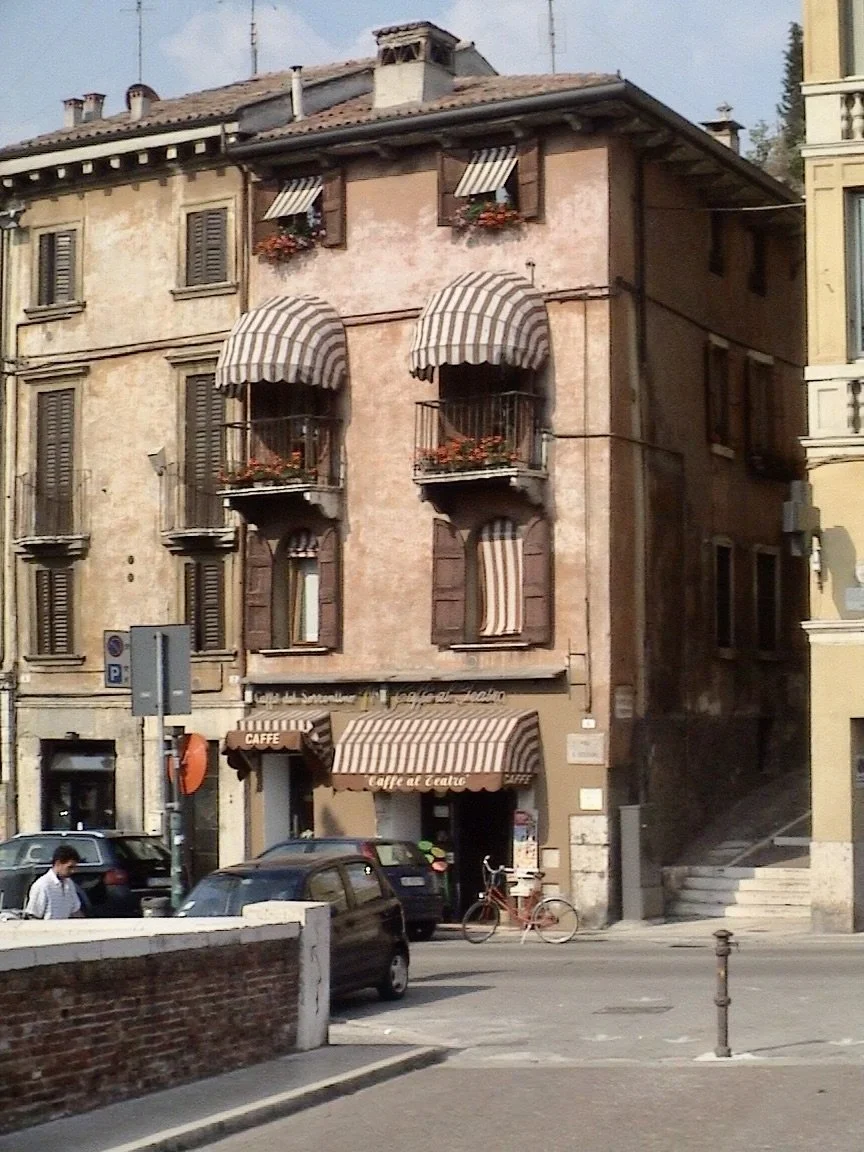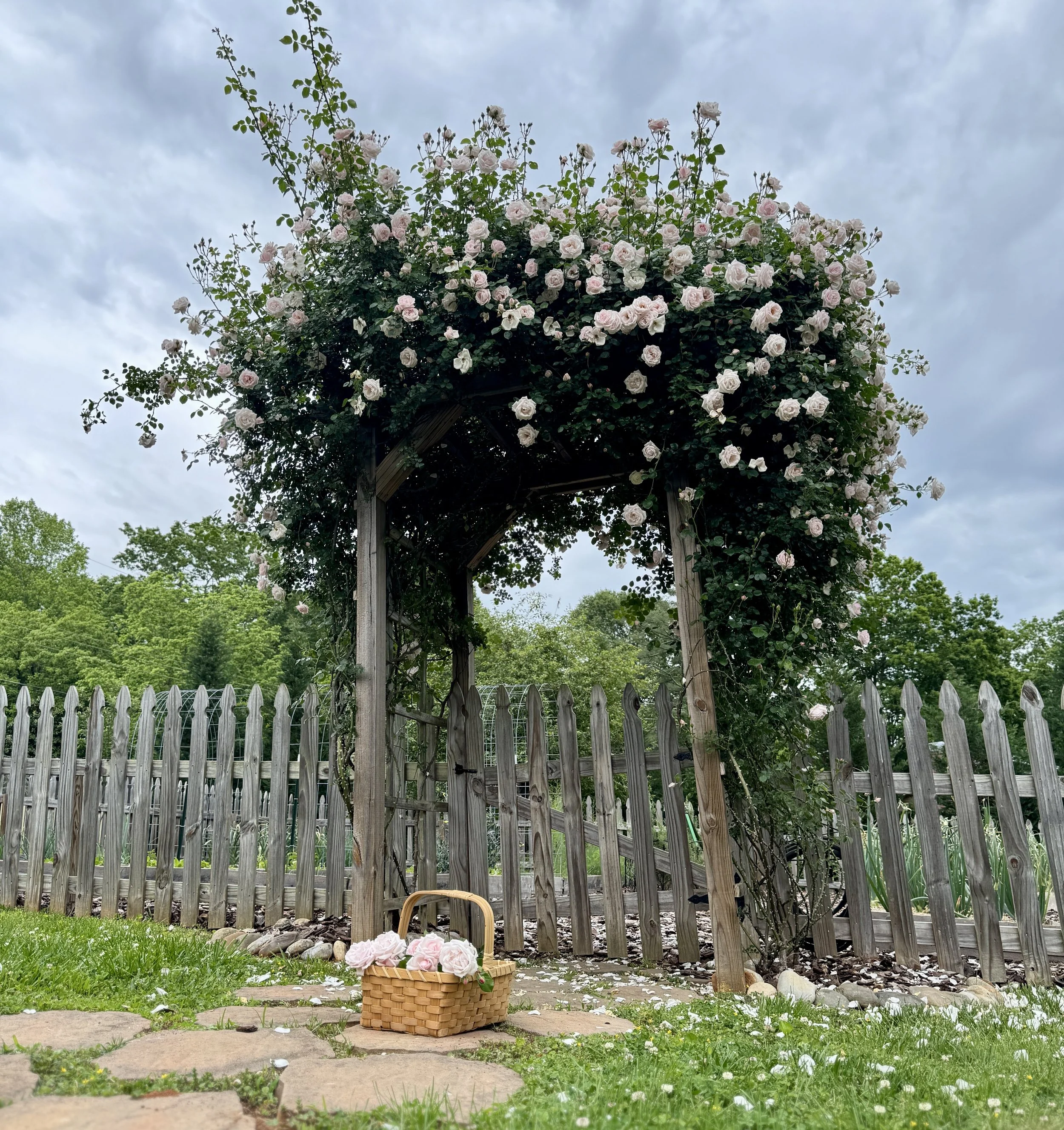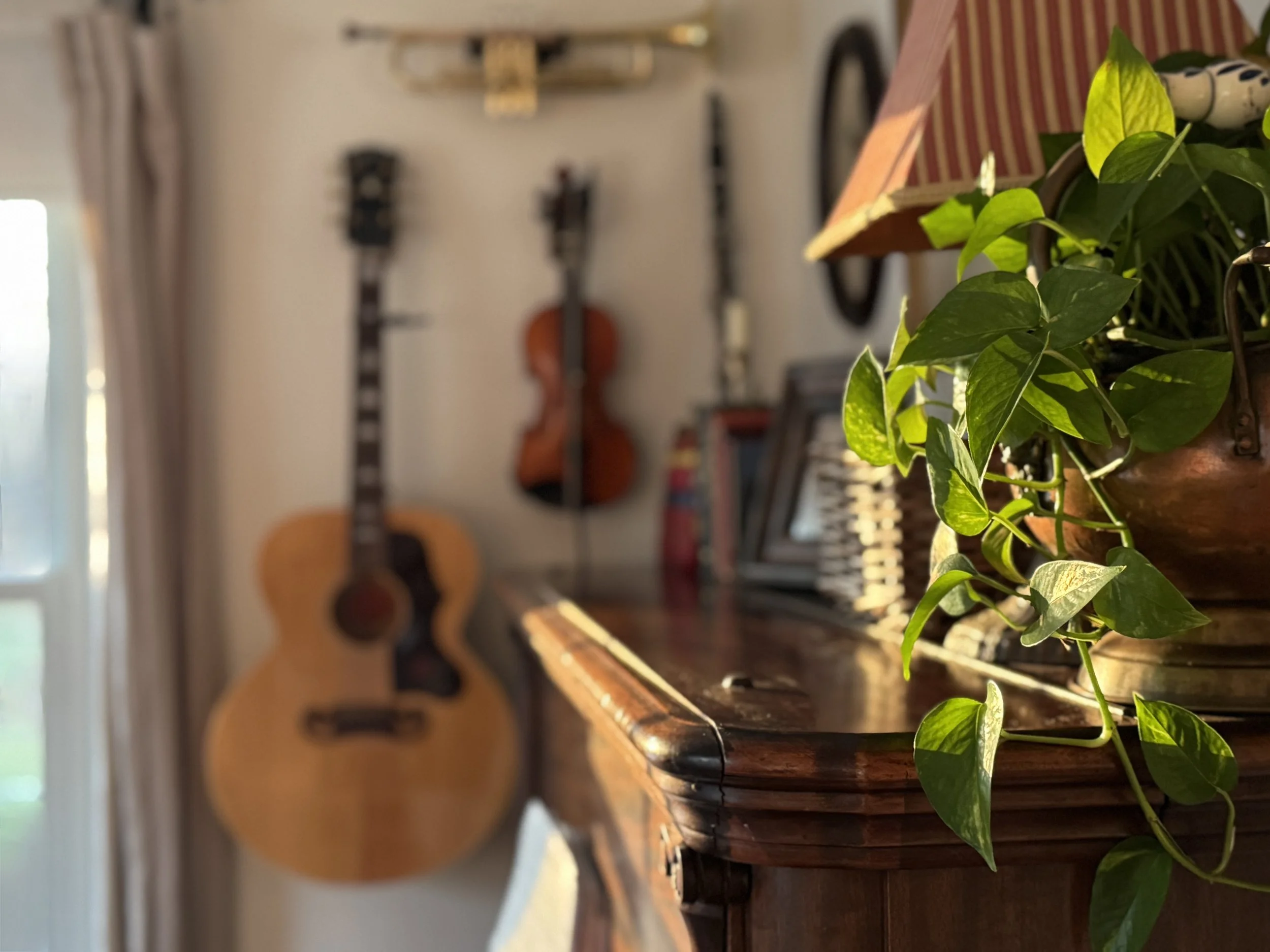Homesick for a Place Not My Home…
Have you ever felt it? That niggling sensation in your bosom to visit some far off land? Have you ever felt homesick for a place not your home?
Turns out—it’s not uncommon.
C.S. Lewis talks about this dilemma in his famed book, Mere Christianity. In it, he says,
“If I find in myself a desire which no experience in this world can satisfy, the most probable explanation is that I was made for another world.” *
So there appears to be a universal homesickness of sorts—and it makes sense, because we were actually made for another world. A perfect world. A World which is to come. There is that weightier, more spiritual niggling—where we understand that no place here, no matter how great—could ever truly satisfy us completely. That’s what Lewis was talking about.
But I’m talking about something a bit more ‘of the dust.’
Earthly.
Temporary—yet joyous.
I’m talking about being homesick for a place in the here and now.
Florence, Italy circa 2005
I once told a friend—”The fact that Europe even exists brings me joy. It means I could actually go there if I wanted.” It’s a real place, and it’s on the map—visitable by plane, train, or automobile. How exciting.
Europe isn’t my home, but there are times when I feel very homesick for it.
I lived in Florence, Italy for a season of my life during my university days—and it’s not an overstatement to say that it changed me forever. It gave me the eyes to appreciate old world beauty and long for something of antiquity in the everyday. When you’re surrounded by medieval art and architecture, this is bound to happen. Especially when you’ve grown up surrounded by strip malls and gas stations (hello, middle America). While living abroad, everywhere I went seemed to take my breath away and everything I saw was a delight to the eyes.
Florentine villas, lining the Arno River
Perhaps it was the open markets that did it—always brimming with fresh, seasonal produce.
Or maybe it was the leather shops—doors wide open to the stone streets below—the pungent, yet comforting scent of Florentine leather filling the airways.
But I personally think it was the soap shops and perfumeries. All stocked heavily with locally made, beautifully scented items—and fragrances of lavendar, bergamot, rose, olive oil, and citrus intoxicating each passerby. This memory is still the reason why I make it a point to pick up a regular supply of Italian-made soap from HomeGoods. If you could see the packaging on these soaps! Florentines (no doubt) think of everything when it comes making things aesthetically pleasing—even on things that will land straight in the bin.
Verona, Italy circa 2005
But these day—it’s not just Italy I’m homesick for.
More recently, England has captured my heart. Having visited twice now, I have very fond memories of this place.
British history is fascinating to me—the culture intriguing, and the landscapes and architecture—alluring. And even though ‘old Albion’ isn’t my home, I feel something of home when I study its essence. Just like Italy.
The truth is—I’m not entirely certain when (or if) I’ll ever get back to these special places in world. But I have resolved in my mind that it’s okay either way. Instead of languishing in sadness over a place I love, but can’t be—I have used these places to inspire me at home. We have worked together here to make our home a place that we all want to be. By God’s grace, we have made a home that we deeply enjoy and feel the most homesick for when we are away from it.
But to feel that connection to these places so loved—I have taken pieces from both Italy and England to form what we have here at Thuja Hill. So—if I never get back to Europe, it’s okay because I feel in many ways that I have brought some of Europe back home to myself.
I love how Edith Schaeffer puts it:
“It seems to me that whether it is recognized or not, there is a terrific frustration which increases in intensity and harmfulness as time goes on, when people are always daydreaming of the kind of place in which they would like to live, yet never making the place where they do live into anything artistically satisfying to them. Always to dream of a cottage by a brook while never doing anything to the stuffy house in the city is to waste creativity in this very basic area, and to hinder future creativity by not allowing it to grow and develop through use.” **
How many of us have wasted time and resources wishing only for what we could have, and not making use of the current space or location we’ve been given? Longing for a place is part of the human experience, but we must covert this feeling into something that helps us to live better today with what we have.
Most essentially, we must understand that as Christians, there will be a deeper and more profound longing which can’t be satisfied by anything that this world can offer. The book of Hebrews tells us, “for here we have no lasting city, but we seek the city that is to come.” *** This is good to consider especially in light of feeling itchy to travel, or if the “grass-is-greener” syndrome comes knocking.
So consider with me, will you?—homesickness might be just one way God points us to the reality that this world is not our home. And while we are here, we can visit, dream, and be inspired by the magical places God has put here for our enjoyment and for His glory. But we must visit, dream and be inspired knowing that we are just pilgrims—traveling through this time and space for a very short time. And for the Christian—a lasting City is yet to come.
And that’s the City I’m truly homesick for.
Then I saw a new heaven and a new earth, for the first heaven and the first earth had passed away, and the sea was no more. And I saw the holy city, new Jerusalem, coming down out of heaven from God, prepared as a bride adorned for her husband. And I heard a loud voice from the throne saying, “Behold, the dwelling place of God is with man. He will dwell with them, and they will be his people, and God himself will be with them as their God. He will wipe away every tear from their eyes, and death shall be no more, neither shall there be mourning, nor crying, nor pain anymore, for the former things have passed away.”
-Revelation 21:1-4 (ESV)
*C. S. Lewis, Mere Christianity (New York: MacMillan, 1960), 120.
**Edith Schaeffer, The Hidden Art of Homemaking (London, England: The Tyndale House, 1971), 66
***Hebrews 13:14 (ESV)








